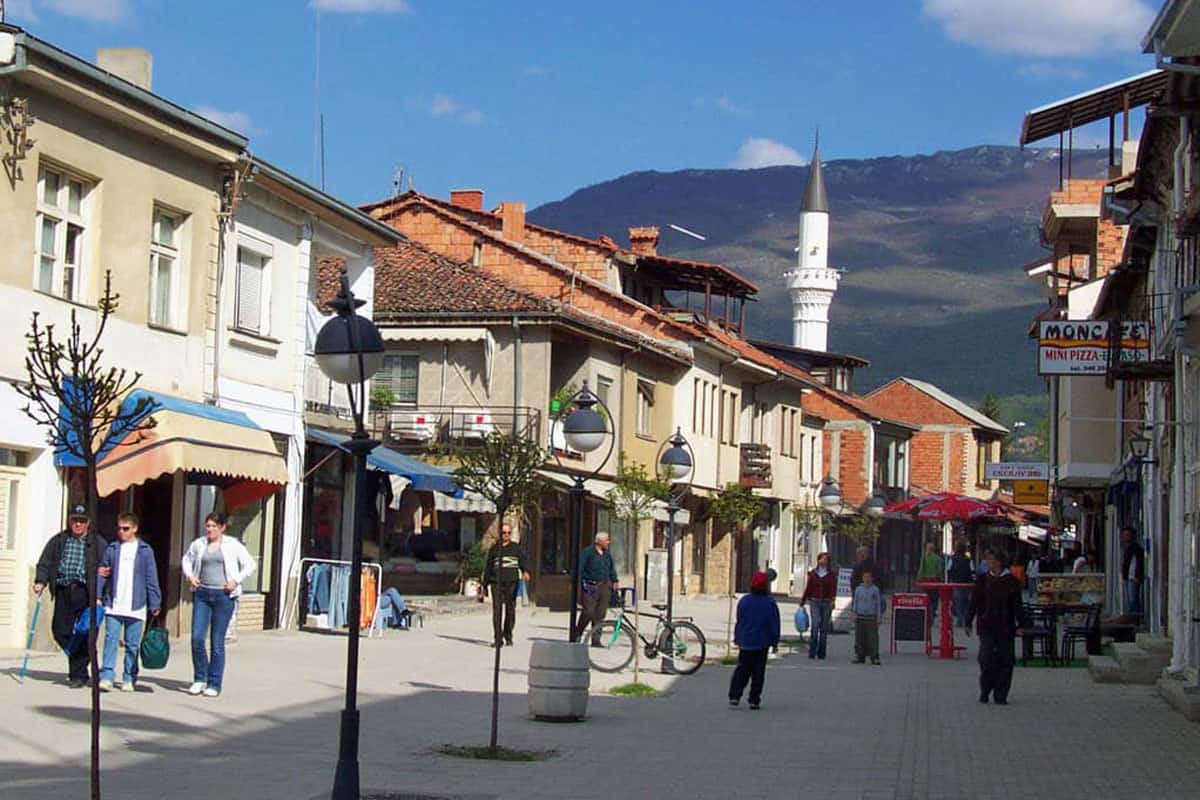
Why Is Local Economic Development (LED) Key to Sustainable Development?
Editor’s Note: This is Part 1 of a two-part series on ME&A’s LED services. Part 2 is on how ME&A applies LED regionally and locally. The bibliography at the end of this post was also updated in 2022.
Why does ME&A specialize in developing and implementing programs in Regional and Local Economic Development (LED)?
ME&A specializes in LED because finding the answers for sustainable development of underdeveloped or developing nations and peoples requires a thorough understanding of the impediments to and potentials for economic development, so that creative solutions can be designed and delivered. LED is an important, perhaps the most important, key to sustainable growth, the reduction of poverty, the elevation of indices of well being of a people and society.
Focusing on local economies in development work is crucial because local economies are the only “true” economies. In contrast, a national economy is a macroeconomic generalization, defined as the sum of a nation’s production of goods and services, that is a useful one for purposes of public policy development, measurement, and to design economic interventions. But changes in national economies only happen as the economies of cities and their regions change.
How do you define economic development and LED?
Jane Jacobs, the venerable urbanist and economist says that development is “significant qualitative change.” Economic development then is qualitative change in the economy.
LED is the process by which public, business and non-governmental sector partners work collectively to create better economic conditions for a locality and its region. The objectives of the LED process can be economic growth, business creation, employment generation, or combinations thereof. The key to the process is the public-private partnership between local governments, private businesses, business associations, NGOs, and other stakeholders.
Who makes local economic development happen?
In a market economy, the engines of economic development are primarily private businesses that create wealth and jobs. But the private sector cannot succeed without favorable business conditions in which to thrive and grow. Local governments and other public sector actors have a major role to play in helping to establish and maintain those favorable business conditions so that firms in the city’s region can compete successfully with firms from other regions.
What are some other advantages of a focus on LED?
- LED fosters efforts towards decentralization, and is antithetical to government centralization.
- LED supports civil society development. LED is a tangible process through which local government, private businesses and their interests, NGOs, labor interests and private citizens can work together collectively to develop their economic environment
- LED supports democracy building because it places mayors and other locally elected officials at the center of economic development policy-making for the community, where they belong.
- LED relates to community development programming and essentially all development programs related to infrastructure, public facility and social program delivery. All either contribute to or are affected by the local economy.
What books, manuals, papers and other resources can you read to learn more about LED?
- Alibasic, Haris, “Sustainability and Resilience Planning for Local Governments: The Quadruple Bottom Line Strategy” (2018)
- Belton, Hugh, “Becoming an Entrepreneur: A Handbook for Assessing Business Opportunity” (1996). An ME&A manual for business development
- Blair, John P., “Local Economic Development—Analysis & Practice”, Sage Publications (1995)
- Dalio, Ray, “The Changing World Order: Why Nations Succeed and Fail” (2021)
- England, Thomas C., “Strategies for Creating Public Private Partnerships for Local Government—The Role of the Mayor (1990). Presentation at the 4th Great Cities of Americas Conference, Buenos Aires
- Fairbanks, Michael, and Lindsay, Stace, “Plowing the Sea: Nurturing the Hidden Resources of Growth in the Developing World,” Harvard University Press (1997)
- Fallows, James and Deborah, “Our Towns” (2018)
- Garner, Jay and Patten, Ross, “Economic Development (Is Still) Not for Amateurs” (2020)
- Gonzalez III, Joaquin; Kemp, Roger L.; Rosenthal, Jonathan (editors), “Small Town Economic Development: Reports on Growth Strategies in Practice” (2017)
- Gundling, Ernest; Williams, Cheryl, “Inclusive Leadership, Global Impact” (2021)
- ICMA, “Building Citizen Involvement—Strategies for Local Government” (1995). A training handbook
- Jacobs, Jane “The Nature of Economies,” Random House (2000)
- Jacobs, Jane, “Cities and the Wealth of Nations,” Random House (1984)
- Jacobs, Jane, “The Economy of Cities,” Random House (1969)
- Kemp, Roger L., (editor), “Strategic Planning in Local Government—A Case Book,” American Planning Association (1992)
- National Council for Urban Economic Development, “An Introduction to the Economic Development Process,” (1980)
- Nichols, J. Hugh, “A Strategic Economic Development Planning Process for Local Government in Albania,” USAID Project (1996)
- Peirce, Neal R., “CITISTATES—How Urban America Can Prosper In A Competitive World,” Seven Locks Press (1993)
- Porter, Michael E., “Competitive Strategy: Techniques for Analyzing Industries and Competitors,” Free Press (1998)
- Porter, Michael E., “The Competitive Advantage of Nations,” Free Press (1998)
- Rusk, David, “Cities Without Suburbs,” Woodrow Wilson Center Press (1993)
- Spratt, Steven, “Development Finance: Debates, Dogmas & New Directions“ (2009)
- Stimson, Robert; Stough, Roger; Roberts, Brian, “Regional Economic Development: Analysis and Planning Strategy” (2018)
- Temali, Mihailo, “The Community Economic Development Handbook: Strategies and Tools to Revitalize your Neighborhood” (2002)
- The Urban Institute, “The Community Builder’s Handbook,” Urban Land Institute (2000)
- Timmons, Jeffrey, with Smollen and Dingee, “New Venture Creation: Entrepreneurship In The 1990’s,” Irwin (1985)
- Urban Development Unit, The World Bank, “Local Economic Development: LED– Quick Reference,” The World Bank (2002)
- Wade, Neal; Smith, Dr. William, “Agents of Economic Development: An Essential Guide for Navigating Good, Bad and Uncertain Times” (2020)
- About the Author
- Latest Posts
Thomas C. England, ME&A’s Chief for Strategy and Innovation, has more than 40 years of experience in policy and management positions in both the public and private sector with specific expertise in international development programs. He is one of ME&A’s co-founders and served as CEO and President, and as Chairman of the Board of Directors, for more than 30 years.



